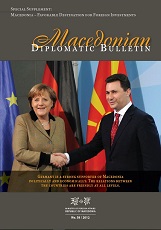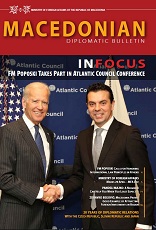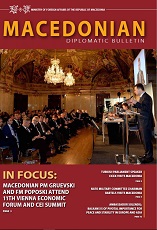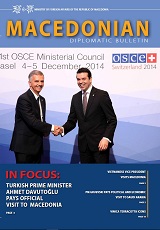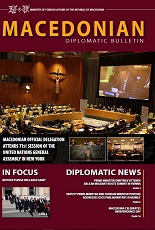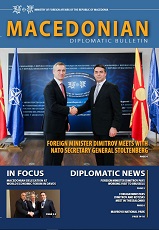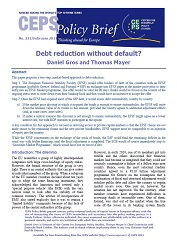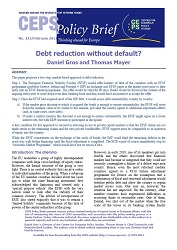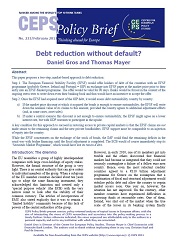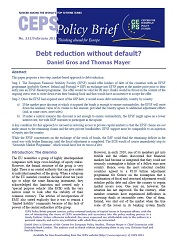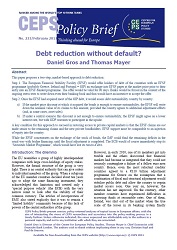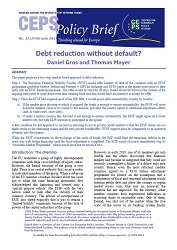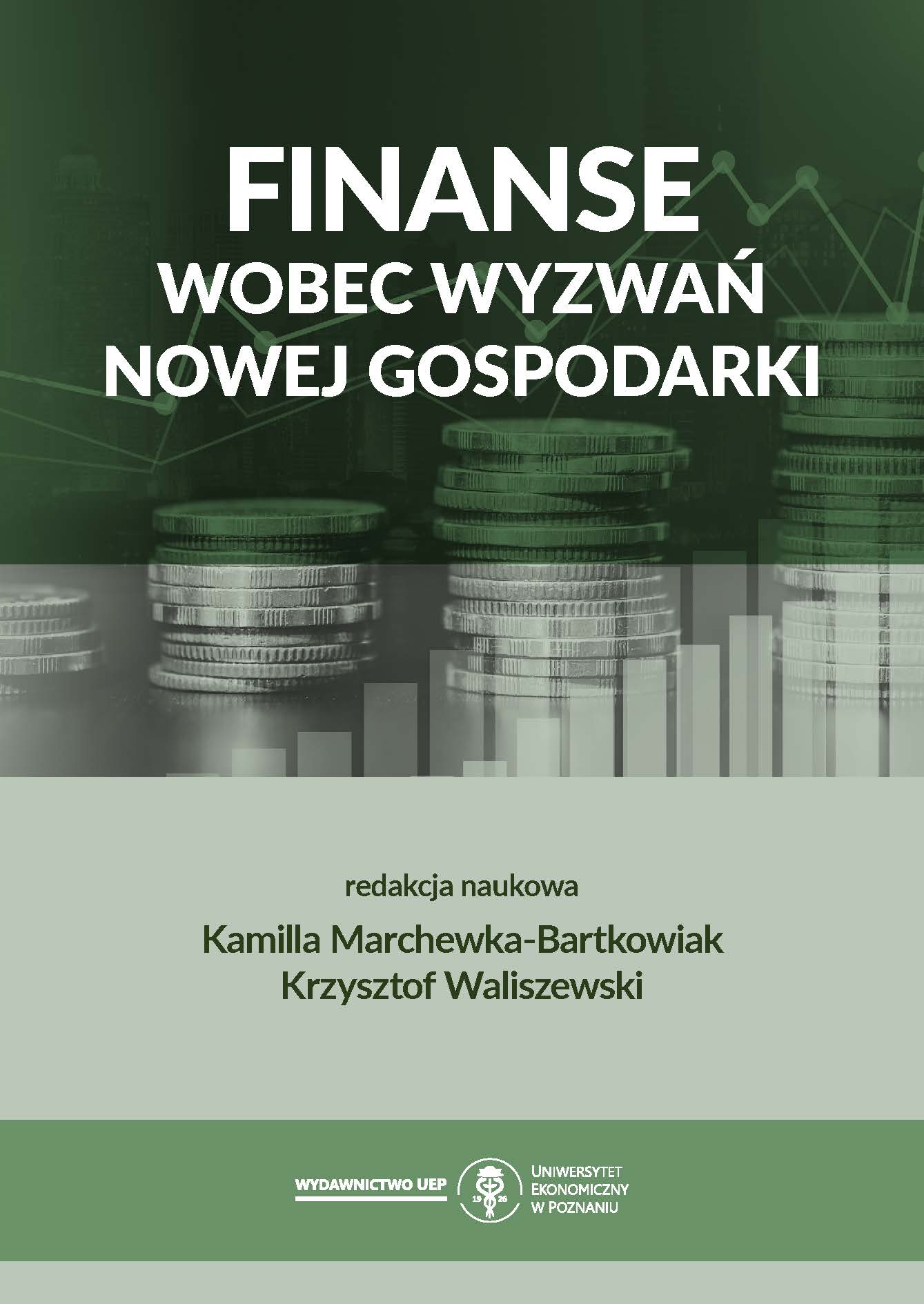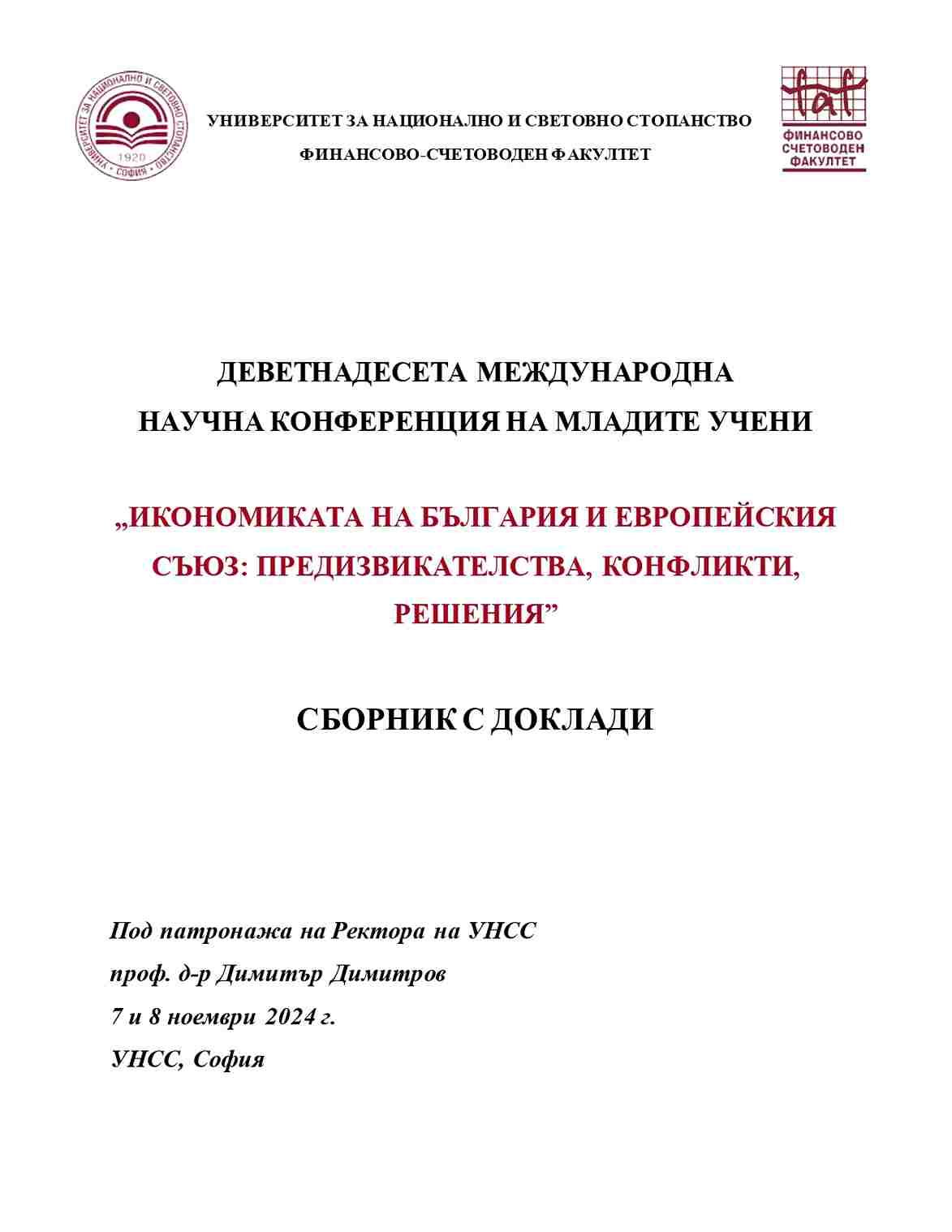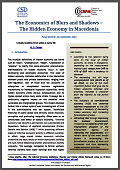
Економија на маглини и сенки – скриената економија во Maкедонија
KEY POINTS * According to the research being done on the issue of hidden economy, its share in Macedonia, depending on the measurement method used, ranges from 24% to 47% of GDP with a tendency to decrease. * The decreasing, but still large unemployment rate (28.4% as of Q2 2014), as one of the most important factors that give rise to hidden economic activities and practices, indicates a crossover from the informal to the formal sector. * The indicators of non-observed economy (NOE) and observed informal employment by the SSO indicate a tendency of decreasing hidden economy and increasing formalization of labor. * Attracting FDIs through improving the business environment, increasing the capacity of the self-employment program of the Employment Agency, and reforming the inspectorates will remain some of the most crucial factors in encouraging the formalization process of labor and businesses and thus decreasing hidden economic activities.
More...
